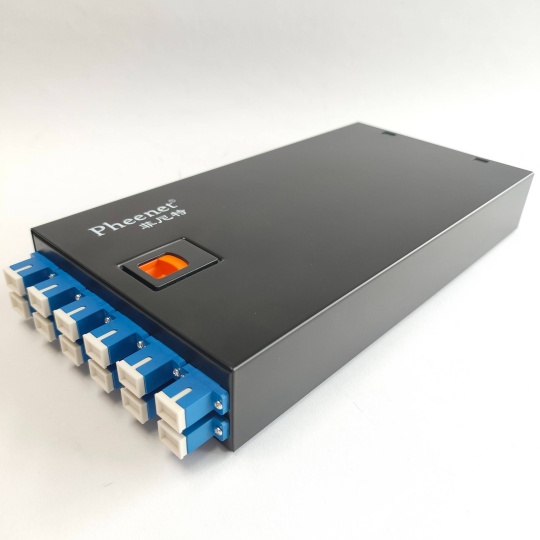What is the process for testing industrial cable for durability
Industrial cables are critical in sectors like manufacturing, energy, and transportation, where poor durability can cause equipment failures or safety hazards. Testing their durability requires a structured, standard-aligned process to simulate real-world stressors. Below is a step-by-step breakdown of the professional workflow:
1. Pre-Test Preparation: Standardize Initial Conditions
Before testing, cables must be conditioned to eliminate external variables that could skew results:
- Sample Selection: Choose 3–5 cables (per IEC 60228 or UL 1581 standards) with intact insulation, no surface scratches, and consistent length (typically 1–2 meters) to ensure representativeness.
- Environmental Conditioning: Store samples in a controlled chamber (23±2°C, 50±5% relative humidity) for 24 hours. This stabilizes material properties (e.g., insulation flexibility) and avoids false failures from temperature/humidity fluctuations.
- Pre-Inspection: Use a digital caliper to verify core diameter, insulation thickness, and sheath uniformity—any deviation from design specs means the sample is unqualified for testing.
2. Core Mechanical Durability Tests: Simulate Physical Stress
Mechanical stress (bending, stretching, abrasion) is the most common cause of cable failure. Key tests include:
Mount the cable on a bending tester with a radius matching its application (e.g., 6× cable diameter for fixed installations, 3× for mobile equipment). Apply a 500g load to the free end and cycle bending (180° back-and-forth) 1,000–5,000 times. After testing, check for insulation cracks or conductor breakage—no visible damage indicates passing.
Secure the cable’s two ends in a universal testing machine. Pull at a speed of 50mm/min until the conductor breaks. Record the maximum force (tensile strength) and elongation rate. For industrial cables, tensile strength should exceed 15N/mm², and elongation should be ≥15% (per IEC 60228 Class 5).
- Abrasion Resistance Test:
Rub the cable sheath against a sandpaper (P120 grit) with a 10N load at 50mm/s for 100 cycles. Afterward, measure the sheath’s remaining thickness—losses ≤20% of the original thickness are acceptable.
3. Environmental Durability Tests: Mimic Harsh Operating Conditions
Industrial cables often face extreme temperatures, moisture, or chemicals. These tests validate resistance to such environments:
- High/Low Temperature Cycling:
Place the cable in a thermal chamber and cycle between -40°C (12 hours) and 85°C (12 hours) for 20–50 cycles. After cycling, check insulation flexibility (no brittleness) and conductor continuity (no open circuits).
Expose the cable to 40°C and 95% relative humidity for 21 days. Post-test, measure insulation resistance (using a 500V megohmmeter)—values ≥100MΩ indicate effective moisture resistance.
Immerse the cable in common industrial fluids (e.g., machine oil, 5% NaCl solution) at 40°C for 7 days. Remove, dry, and inspect for sheath swelling (volume increase ≤10%) or insulation degradation.
4. Post-Test Electrical Verification: Ensure Functional Integrity
Mechanical and environmental stress can damage insulation, compromising electrical performance. Critical tests include:
- Insulation Resistance Test: As noted earlier, use a megohmmeter to check insulation between conductors and ground—low resistance (<100MΩ) signals insulation breakdown.
- Dielectric Strength Test: Apply a 2kV AC voltage between conductors for 1 minute. No arcing or current leakage (>1mA) means the insulation meets safety standards.
- Conductor Continuity Test: Use a multimeter to confirm no breaks in the conductor—even tiny fractures (from bending) will cause resistance spikes.
5. Result Analysis & Reporting
Compile all test data (e.g., bending cycles, tensile strength, insulation resistance) and compare against industry standards (IEC, UL, or customer-specific specs). A cable passes only if all parameters meet requirements—partial compliance means it fails durability testing. The final report should include sample details, test conditions, raw data, and a pass/fail conclusion.
When industrial cables undergo this rigorous process, their durability is no longer guesswork—but a verified guarantee. For businesses seeking cables built to withstand harsh industrial environments, partnering with a manufacturer that adheres to these testing standards is critical.
FRS factory specializes in industrial cable production with a fully equipped testing lab that follows every step outlined above. From mechanical bending to chemical corrosion tests, FRS uses precision equipment (e.g., universal testing machines, thermal chambers) and strict quality control to ensure each cable meets global durability standards. Whether for heavy machinery, renewable energy, or outdoor infrastructure, FRS cables deliver reliable performance—backed by science-based testing.











